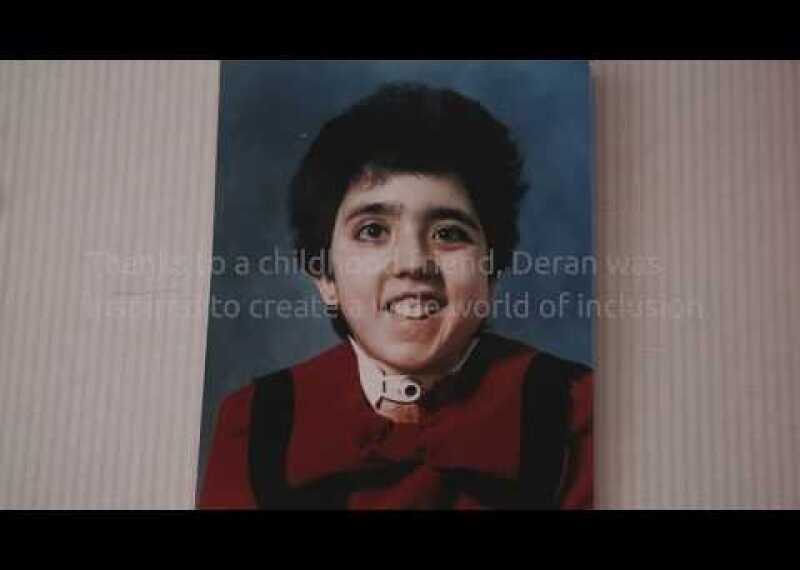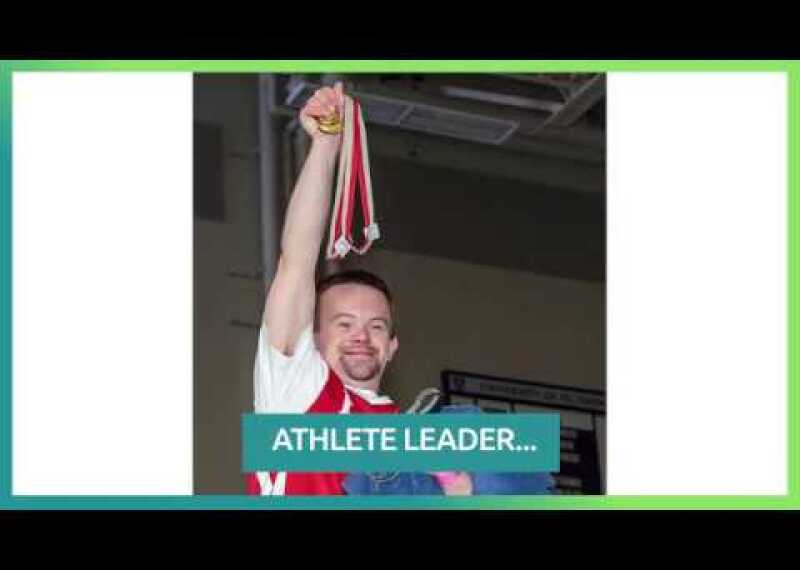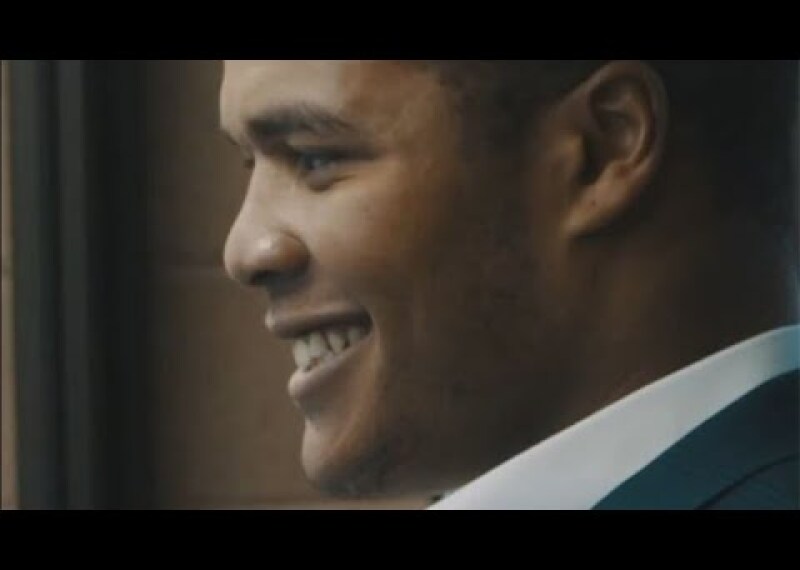
“AJ” is an orphan, who has had to cope with many life challenges, along with intellectual disability. He grew up in an institution for abandoned children, until he turned 21. Then, by law, he was released to live independently—without support or job or family or a place to stay; he received a small allowance, but not enough to live on.
Yet, even in the orphanage, a bright spot has always been his natural athletic talent. When AJ got involved in Special Olympics, he found respect—and success! Eventually, through hard work and training, his running ability took him all the way to the 2019 Special Olympics World Games in Abu Dhabi, where he won a silver medal in athletics.
When COVID-19 hit the Philippines, AJ had just moved into a new institution for adults with disabilities. Before he could settle in, other residents—and staff—left. They went home, to quarantine with their families. AJ had no one.
He was alone in his dorm, without food and supplies. A young man with intellectual disabilities, he didn’t know anything about his new neighborhood—or how to start finding out. He just knew he didn’t have much food left.
AJ had been told not to leave his dorm and that people could be arrested for violating stay-home rules. He was also afraid to catch the virus. What could he do? He felt forgotten.

But a senior Special Olympics staffer had been thinking of AJ, remembering his talent and exuberance when she saw him compete at World Games. Kaye was many miles away in the Philippines capital, yet she recalled that AJ had no family or support. "In the Philippines, people with intellectual disabilities always come last," she says. Kaye decided to check on him; eventually, she was able to reach him by phone.
After some questioning, AJ admitted he was alone and that he hadn’t been eating well. But he didn’t feel safe leaving the building. Says Kaye, “As a person with intellectual disabilities, the fear is there—the lack of confidence is there—and of course nobody knew him.'
Kaye wanted to send him some food, but AJ didn’t actually know his new address. So Kaye worked on teaching him how to use the Send Location function via Facebook messenger. After awhile, AJ was able to send his latitude and longitude; but this still wouldn’t be easily understood by a grocery or food delivery service.
Kaye decided to check with Bounty Agro Ventures Inc. (BAVI), which owned a chicken take-out store in AJ’s town. She called to explain the situation—and the need to act quickly. Within an hour, they were able to trace the coordinates and get some food to AJ. It was the first real meal he’d had in weeks.
AJ’s story came to the attention of Bounty Agro’s president. “He said, ‘OK, we’ll commit to feeding him for the rest of the lockdown—and we commit to hire him after the lockdown,’” recalls Kaye.
BAVI has since been distributing food to some of other neglected Special Olympics athletes as well—a great example of a community partner stepping up for our athletes in time of need.
All because Kaye went above and beyond, making sure no athlete is left alone and neglected—a true Champion of Inclusion.









